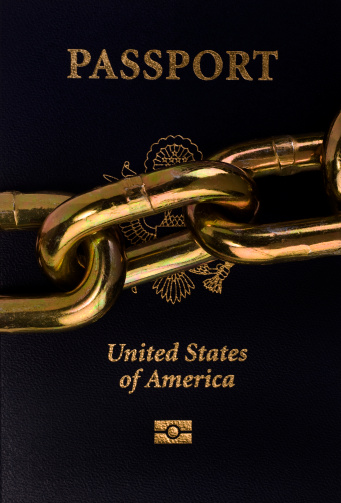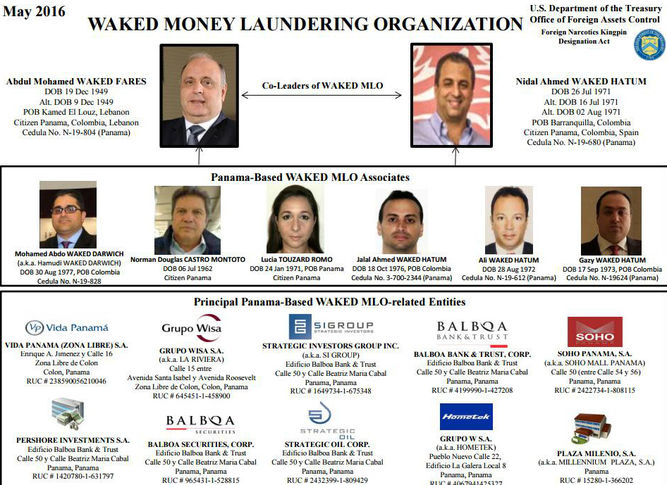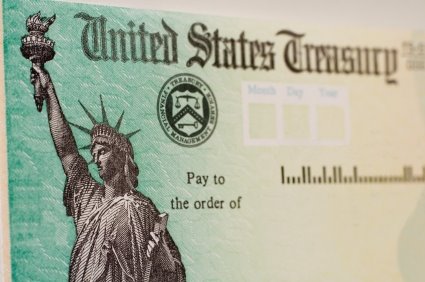Offshore Privacy Exists!
Offshore privacy is available for U.S. citizens with offshore bank and investment accounts. If you know the tricks, offshore privacy is alive and well.
Unless you have been living under a rock, you know that the IRS has declared war on Americans with hidden assets and accounts offshore. There are 1.000 plus individuals sitting in jail right now for this exact “crime.” So, throughout this site, and in various publications, I ramble on incessantly on how offshore privacy is dead and that you must report your offshore bank accounts to the IRS or risk their wrath.
Well, the uber rich have built in backdoors to offshore privacy. If you know how the game is played, you too can have offshore privacy in your international banking and investments. Here are a few examples:
The best and biggest offshore privacy loophole is the offshore IRA. You can take your IRA offshore by forming an offshore IRA LLC and opening an offshore bank account, and you are not required to report either of these activities. That’s right, you do not need to file a Foreign Bank Account Report for an offshore bank account in the name of your retirement account. Also, you do not need to file a tax return to report an offshore LLC that is owned by your retirement account. Even better, your LLC and bank account maintain the same tax benefits as they had onshore, but with a much higher level of asset protection.
If you have a taxable offshore LLC and/or bank account with over $10,000, you are required to report them each year on your personal income tax return, on a tax report for the LLC attached to your 1040, and on the FBAR. If the account and assets of the LLC are sizeable, you might also need to file a statement of foreign assets.
If you, like Mitt Romney, have $100 million in an offshore IRA structure, you don’t need to file any of these returns or forms. So long as you know the rules of the game, you can maintain complete offshore privacy without running afoul of the U.S. tax laws.
Note that these offshore privacy laws don’t apply only to the rich and monster sized offshore IRA LLC accounts. They may have been added to the tax code at the behest of the “1%ers,” but we can all use them for maximum offshore privacy. Any IRA can be taken offshore and placed in an offshore bank account… though, I suggest the minimum size be around $35,000 because of the costs involved.
There are two other major areas of offshore privacy, and they apply to taxable assets (money not in a U.S. compliant offshore IRA). They are gold and real estate.
You can hold unlimited amounts of physical gold and real estate offshore in your name with no U.S. reporting requirements. In fact, you have maximum offshore privacy in all precious metals, so long as they are in your name and held in a vault outside of the United States. This applies only to physical gold and not gold certificates.
As you might expect, there are a few caveats when it comes to offshore privacy, gold and real estate. Most importantly, these assets must be held in your name, and not in an offshore corporation or LLC. If held in a Trust, they may be reportable.
You see the offshore privacy rules apply to the underlying assets (gold and real estate) but not to the structure. So, if you have Panama real estate in a Panama corporation or foundation, you must report the structure to the IRS. If you hold real estate in Panama in your name, you have no reporting requirement.
- We are talking about reporting requirements here. When you sell the property, you must report it on Schedule D, Form 1040, and pay taxes on any gain. Offshore privacy does not affect your U.S. tax paying obligations… only your tax reporting obligations.
The same is true of gold and other precious metals. If you hold them in an offshore structure, including a reportable offshore trust, then the structure must be reported, which means offshore privacy is eliminated. Unless asset protection is a major concern, I recommend holding precious metals in your name only.
In many cases, offshore privacy might not be efficient for foreign real estate. There may be significant tax benefits for a foreigner to buy real estate in a local structure. You should discuss this with a local expert before deciding how to hold real estate.
A final note on offshore privacy and real estate: privacy applies to your ownership of the property, not any taxable events that result from that investment. If you have a rental property in Panama, you must report income and expenses on your 1040, Schedule E, just like a U.S. rental. Offshore privacy benefits refer to the reports required by the IRS, such as the FBAR and Report of Foreign Assets, not taxable events, like the sale of the gold or real estate, nor the rental income that comes from the foreign property.
I hope this article on offshore privacy has been helpful. You will find a detailed post on foreign real estate on this site.
If you would like more information on offshore privacy, to take you retirement account offshore, or for an asset protection structure to facilitate your international investments, please call us or send an email to info@premieroffshore.com. We will be happy to work with you. All consultations are confidential and free of charge.











